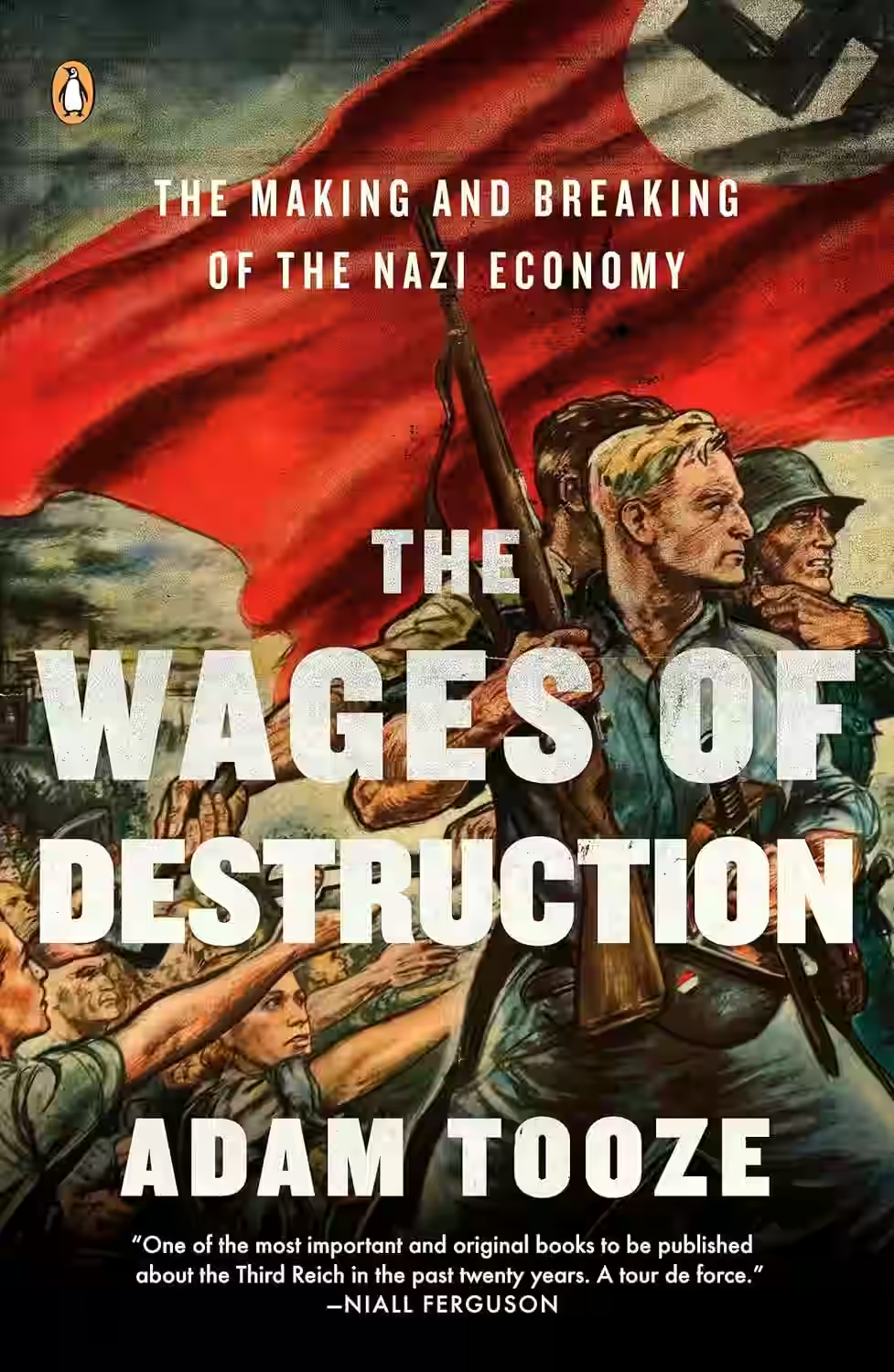
In 'The Wages of Destruction' by Adam Tooze, the author meticulously examines the economic mechanisms that underpinned Nazi Germany's war machine during World War II. Tooze delves deep into the financial structures, resource management, and strategic decisions that sustained Hitler's regime, shedding light on how economic policies shaped the course of the war. Through detailed analysis and compelling narrative, Tooze reveals the precarious economic foundations of the Third Reich and its catastrophic consequences. This book offers a fresh perspective on the war, emphasizing the crucial role of economic factors in shaping historical events.
About Adam Tooze
Adam Tooze is a distinguished historian and author known for his insightful writings on economic and political history. He is a Professor of History at Columbia University and the Director of its European Institute. Tooze has authored several acclaimed books, including 'The Wages of Destruction: The Making and Breaking of the Nazi Economy,' which won the Wolfson History Prize. His work delves into the intersections of economics, global power dynamics, and historical events, offering fresh perspectives and deep analysis. Tooze's scholarship has had a significant impact on our understanding of modern history and continues to influence discourse in academic and non-academic circles alike.
Similar Books
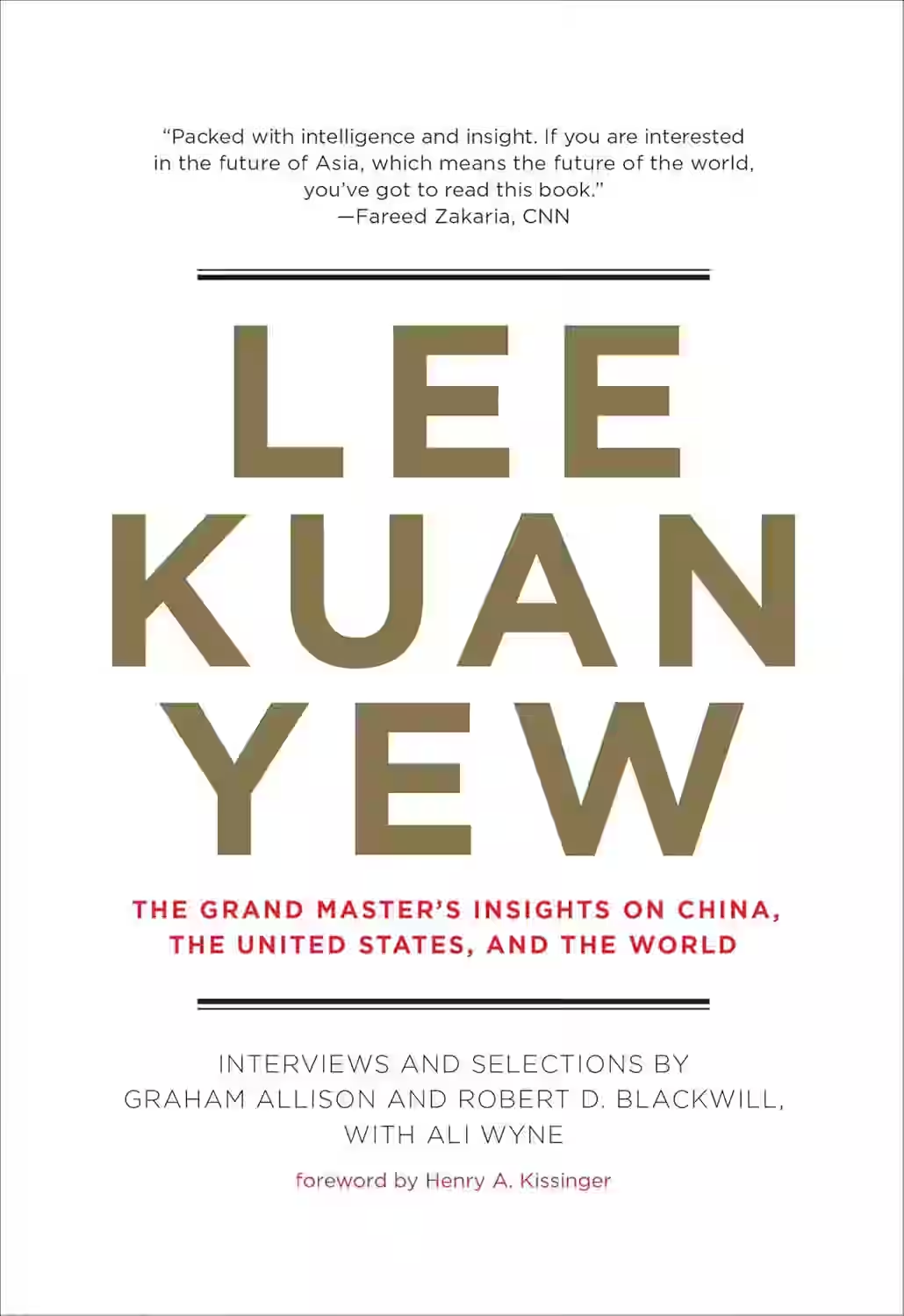
The Grand Master's Insights on China, the United States, and the World
In 'The Grand Master's Insights on China, the United States, and the World,' Graham Allison, a renowned political scientist, offers a compelling analysis of the complex dynamics between China and the United States, exploring their interactions and implications for global politics. Drawing on his expertise, Allison delves into the historical context, strategic calculations, and potential pitfalls that shape the relationship between these two global powers. Through insightful anecdotes and data-driven arguments, he sheds light on the challenges and opportunities that arise from their interactions, providing readers with a deeper understanding of the intricacies of international relations.
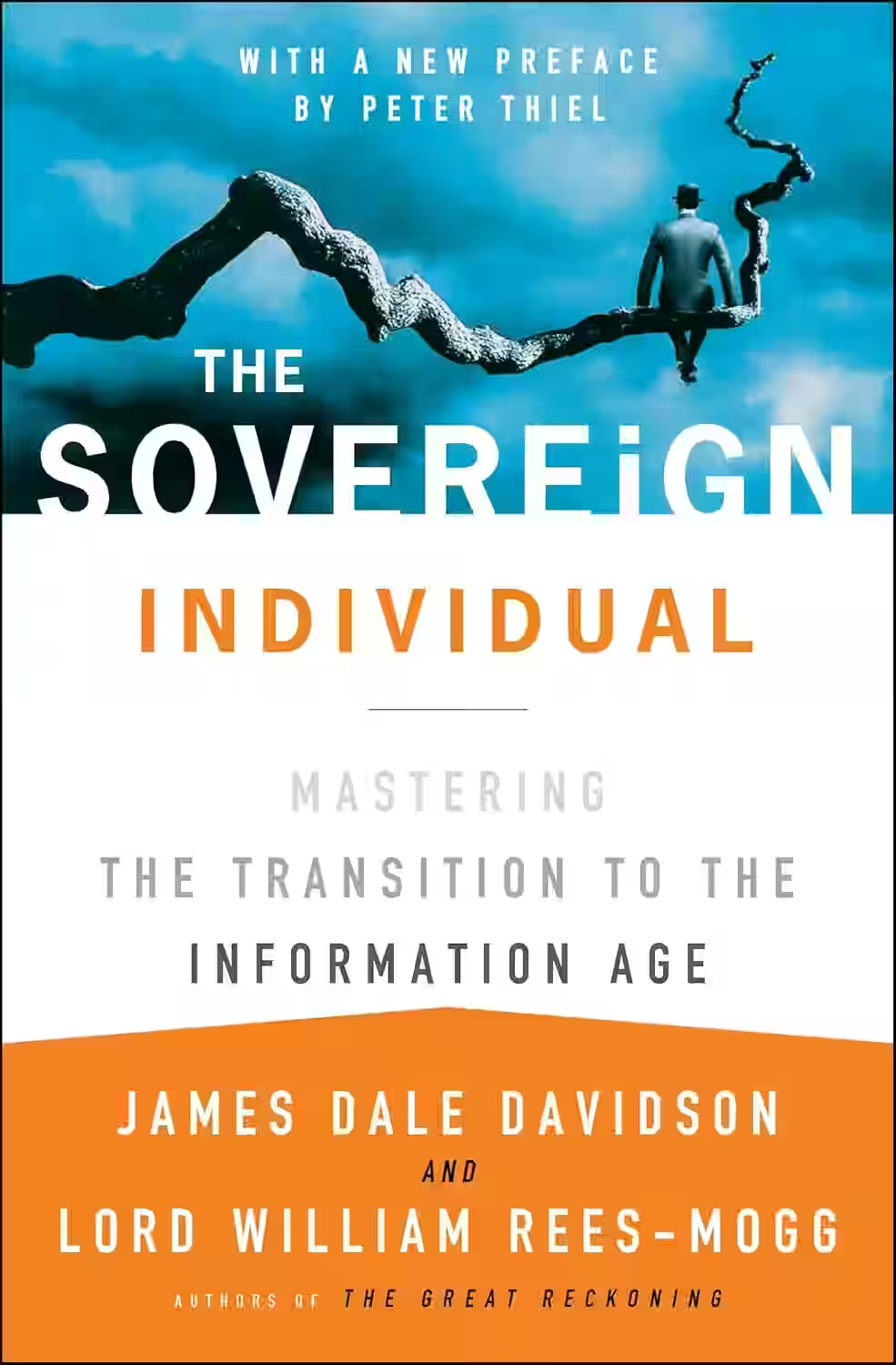
The Sovereign Individual
by James Dale Davidson, William Rees-Mogg
Published in 1997, The Sovereign Individual predicts the rise of the digital age and its impact on individual autonomy and state power. The authors argue that technological advancements, particularly the internet, will diminish the influence of governments and empower individuals to take control of their own lives. They foresee a future where traditional institutions are challenged, and personal sovereignty becomes paramount. This provocative work offers a foresightful analysis of the intersection between technology, economics, and personal freedom.
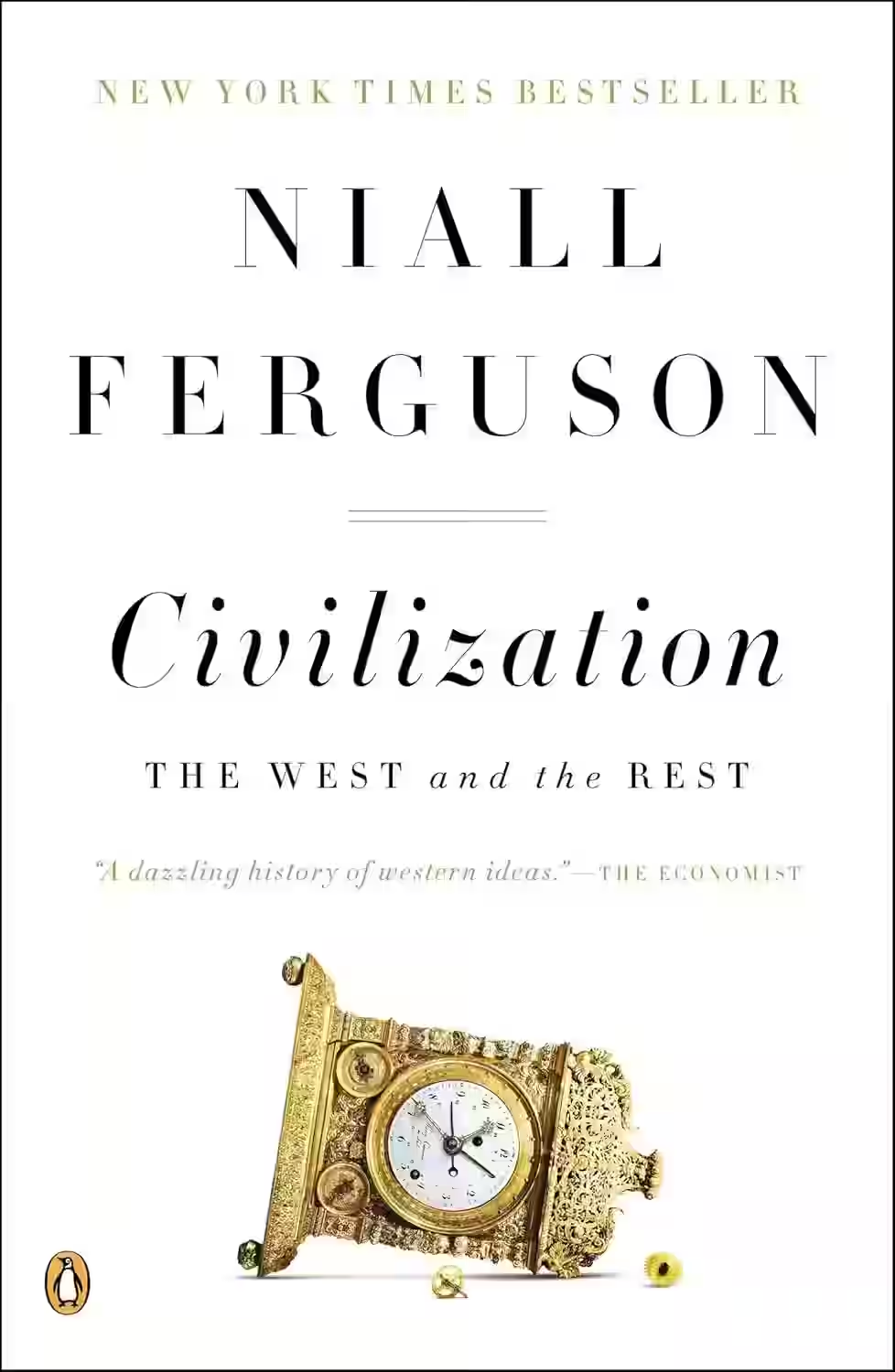
Civilization: The West and the Rest
In 'Civilization: The West and the Rest,' Niall Ferguson delves into the history of Western civilization, exploring the factors that propelled the West to its position of global dominance. Ferguson discusses the key institutions, technologies, and cultural values that set the West apart from other societies. Through a meticulous analysis, he argues that these unique factors enabled the West to surge ahead economically and politically. By comparing Western achievements to those of other civilizations, Ferguson prompts readers to ponder the future trajectory of global power. This thought-provoking book offers a fresh perspective on the roots of Western supremacy and challenges readers to contemplate the fate of civilization.
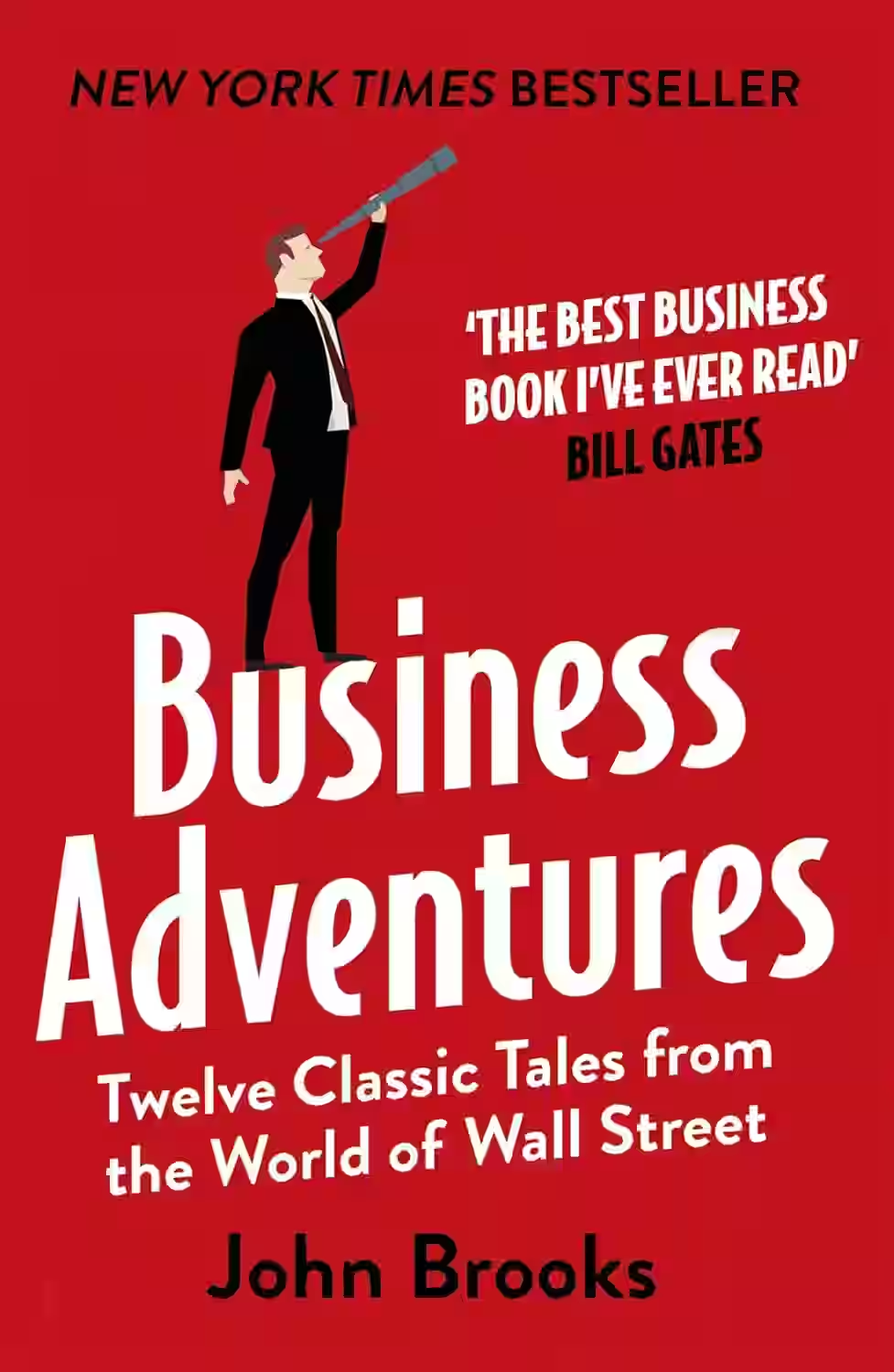
Business Adventures
by John Brooks
In 'Business Adventures,' John Brooks delves into the intriguing world of business through a collection of twelve riveting tales that explore the highs and lows of corporate America. Through detailed narratives of various business events, Brooks sheds light on timeless lessons that remain relevant in today's business landscape. From the rise and fall of giants like Ford and Xerox to the financial intricacies of the stock market crash in 1962, this book offers valuable insights into the essence of entrepreneurship, management, and decision-making. Brooks' storytelling prowess and keen observations make 'Business Adventures' a classic that continues to captivate and educate readers.